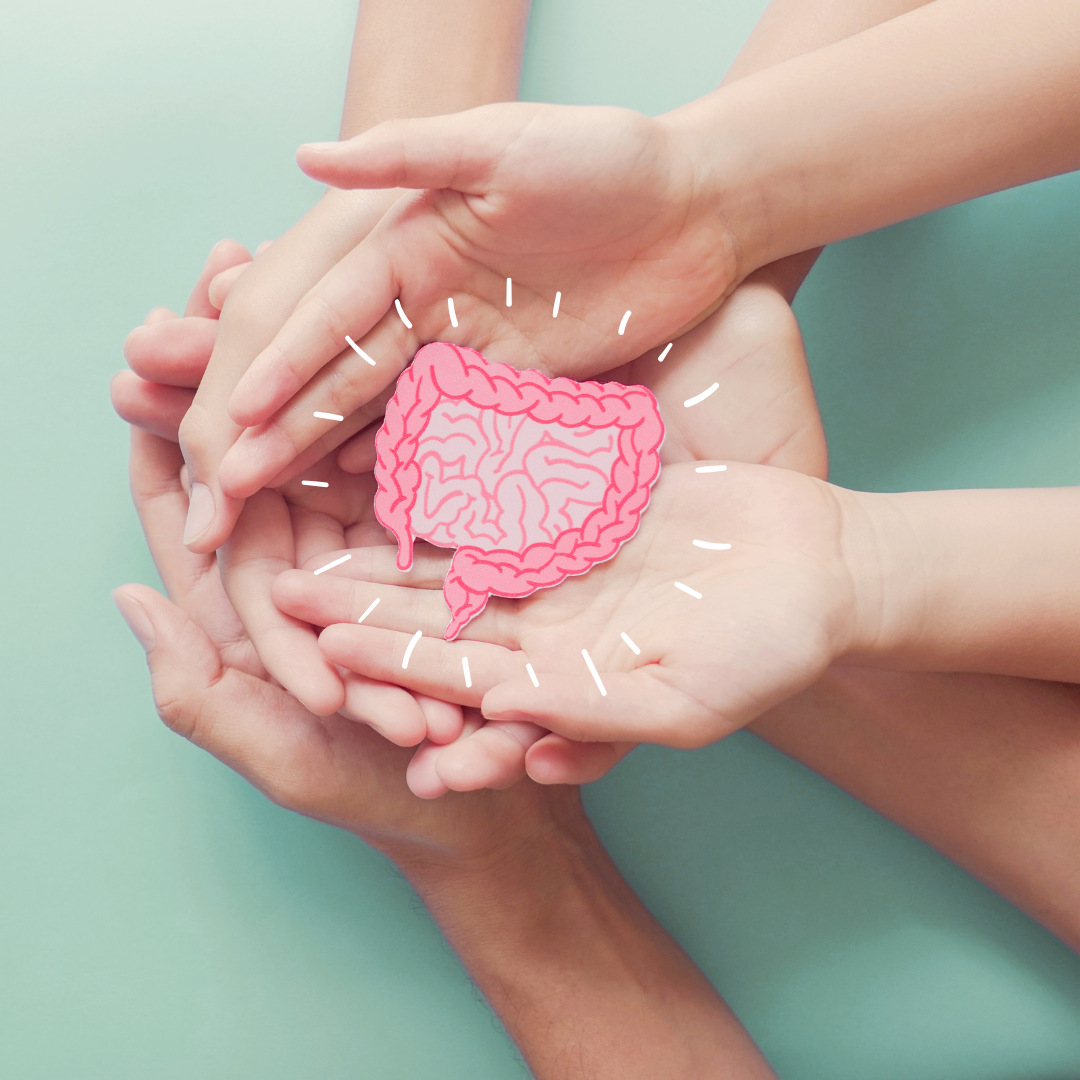Why has ADHD become an increasingly common disorder?
There is evidence that diagnosis of the disorder has improved over the last 10-20 years. However, many patients and parents still wonder: “Is there anything I can do to improve my/my child’s ADHD symptoms in addition to medicine?” The answer is yes! Medication is considered the first line of treatment therapy for ADHD, but it is also true that lifestyle and diet modifications can make a significant impact on behavior and brain health.
There are several common nutrients involved with several brain imbalances such as Alzheimer’s, anxiety, depression, ADHD, and autism. Aim to incorporate the following key nutrients into at least 1-2 meals per day.
Magnesium, zinc, iron, and selenium are minerals which are crucial to the synthesis and mobilization of certain neurotransmitters that trigger emotional and behavior responses. A whole-foods diet with an emphasis on colorful vegetables can usually meet the body’s mineral requirements, but picky eaters may benefit from a multivitamin. Buy organic produce as your budget allows; use the Dirty Dozen/Clean Fifteen to guide you in buying organic where it matters most.
B-vitamins, especially B6, are similarly involved in facilitating brain signaling. Sources of B6 include: fish, garbanzo beans, sunflower seeds, pistachios, poultry, whole potatoes, and non-citrus fruits (bananas, prunes). A nutritious diet can easily provide more than enough B6, so supplementation isn’t usually necessary except in the case of long-term prescription drug use.
Omega-3 fatty acids are well researched in terms of their association with neurological development and function. This makes sense as the brain is composed of 70% fat! Avocado, olives, salmon, grass-fed beef and pastured, free-range eggs are excellent sources of healthy fats. However, Omega 3 fats can be harder for some, especially children, to obtain through diet, so a supplement may be required. Ask for a brand recommendation, as Omega 3 oils are commonly contaminated.
A close connection has also been discovered between gut and brain function, called the ‘gut-brain axis.’ Essentially, a gut flora imbalance caused by stress, excess sugar, and/or antibiotic use may negatively impact brain health. Cultured foods such as kombucha, raw sauerkraut, and yogurt support healthy bacterial growth and diversity, but in some cases, a probiotic supplement may be beneficial.
Heavy metal exposure is strongly associated with lower IQ, reduced cognitive development, and neurological impairment. Therefore, testing for toxic levels of mercury, lead, cadmium, and arsenic may be beneficial in some cases where heavy metal exposure is suspected.
In summary, the ideal diet for brain health is whole-foods based, and high in antioxidants from colorful plant foods. Minimize your toxin load from additives, pesticides, trans fats (hydrogenated oils), and preservatives. Evaluate for common deficiencies like magnesium, B6, zinc, tyrosine, selenium, and iron. Ask about a probiotic if you have signs of gut imbalance. If these ideas aren’t enough to improve mood and focus, consider food and chemical sensitivity testing for a more personalized diet.




Recent Blog Posts
Share this post!
About the Author
Rhya Pachin is a licensed dietitian nutritionist who employs an "integrative" approach to support overall health rather than addressing just one symptom. As a certified LEAP therapist, she designs and supervises custom elimination diets. Her focus areas include gastrointestinal conditions like IBS and IBD, autoimmune diseases such as rheumatoid arthritis and Hashimoto's, persistent weight issues, food sensitivities, and chronic inflammatory conditions in both adults and children.



